|
Sheep are sheep are sheep, right? Not quite! It’s pretty easy to assume that all sheep are the same, especially if you live in a place where sheep are few and far between. Even in Easton, there aren’t too many sites you can head to locally to check out these radiant ruminants. Sheep have some characteristics that are common among all species like the fact that they all have hooves that are split into two separate toes. Sheep are also all cud-chewing ruminants (along with cows, goats and other mammals who eat a lot of greens), meaning that they have four compartments in their stomach: the rumen, reticulum, omasum and abomasum! From the reticulum of a sheep’s stomach, their food is regurgitated in the form of cud where it is chewed for a second time before moving into the omasum! This is why whenever observing sheep, it often looks like they are chewing on bubblegum! Not only are they re-chewing their food, but sheep also don’t have any teeth on the front of their upper jaw, so they are grinding down all that cud with very flat, back molars, which just makes the whole process even more noticeable! All that being said, there are over 10,000 species of domestic sheep in the world all with unique traits and characteristics! Funnily enough, there are only six species of wild sheep roaming the world, two of which can be found in the U.S. along with a couple of subspecies. At the NRT’s Sheep Pasture, we are lucky enough to have two different species of domestic sheep, the Cheviot Sheep and the Jacob Sheep! The Jacob Sheep
There are quite a few characteristics of Jacob Sheep that make them unique, including their four horns. Both of the NRT’s Jacob Sheep have four horns. One of which has them all growing in spirals together that make it look like it has two, massive horns. There is variability among the number of horns that Jacob Sheep can have, but they are always an even number between two and six. You may think that because our two Jacob Sheep are horned that they must be males, but Jacob Sheep is a species in which both the males and females will be horned! It just so happens that both of our sheep are, in fact, male…
Another important trait of the Jacob Sheep is their black spots, which is also how they got their name! According to the Livestock Conservancy, Jacob Sheep are named for Jacob from the Bible who was known for breeding spotted sheep!
We love our Jacob Sheep not only for their good looks and preservation importance, but also because of their friendly and curious demeanors! Both Four-Horn and Big-Horn (see if you can guess who is who in the photos of our Jacob Sheep) love to welcome visitors, especially before breakfast! We currently have two Jacob Sheep living with us at Sheep Pasture. The Cheviot Sheep
We love watching our four independent Cheviots go about their business each day with confidence! There’s no feeling quite like being stared down across the pasture by a cud-chewing Cheviot. For more information on Cheviots, check out the American Cheviot Sheep Society!
Next time you're at the Sheep Pasture property, be sure to stop by and say "hi!" to our Jacob and Cheviot sheep! They love the attention!
1 Comment
4/28/2023 04:10:28 pm
You made an interesting point when you talked about how there are over 10,000 species of sheep in the world. I would imagine that no matter what kind of sheep you have, it would be important to make sure that they don't get lice. You would want to prevent your sheep from getting lice so that they don't get sick.
Reply
Leave a Reply. |
AuthorNRT's dedicated staff are responsible for the content of the NatureTalk blog. Questions? For more information on any blog post, please contact us at any time. Archives
December 2021
Categories
All
|

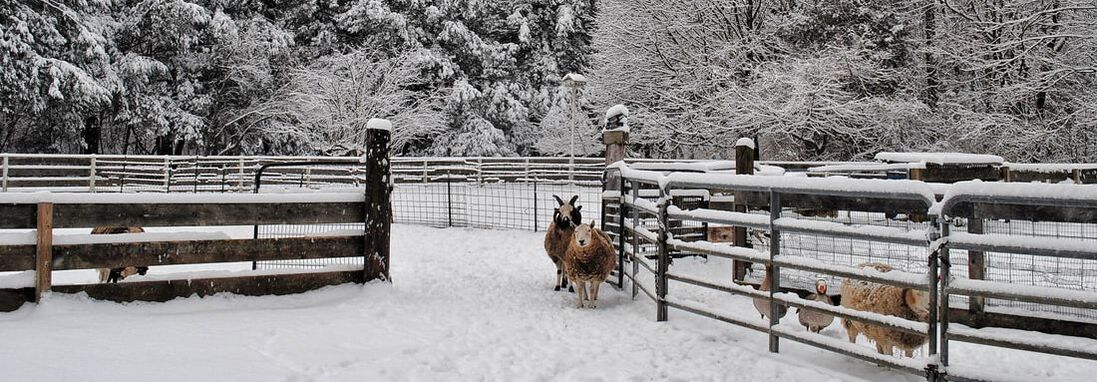
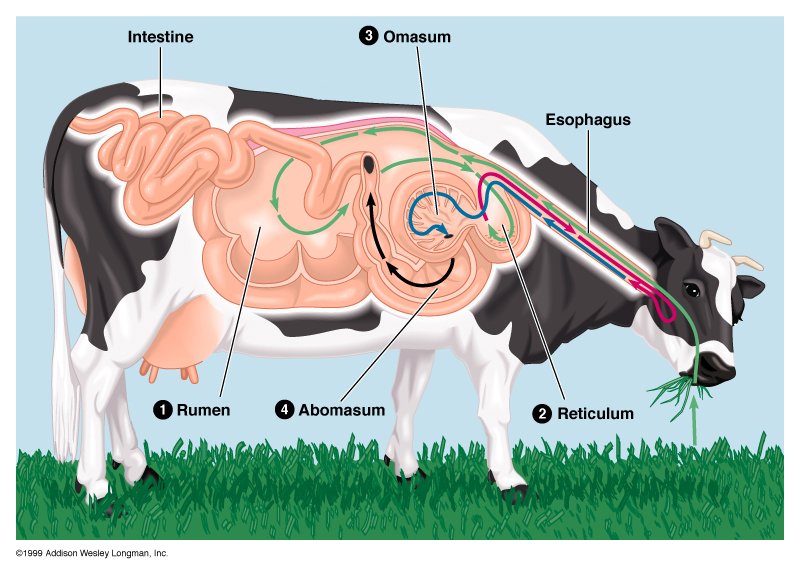
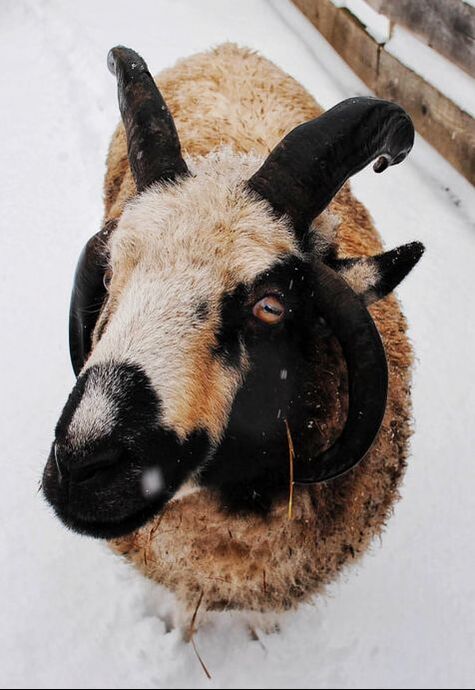
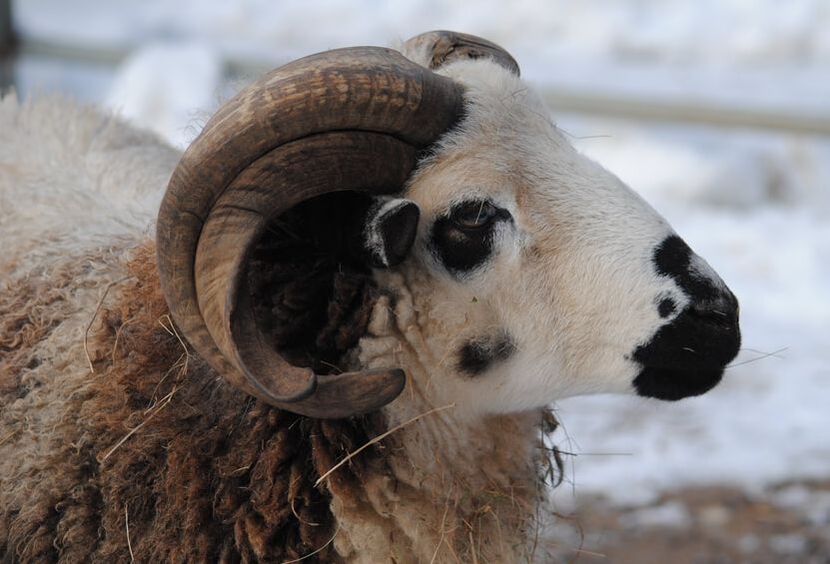
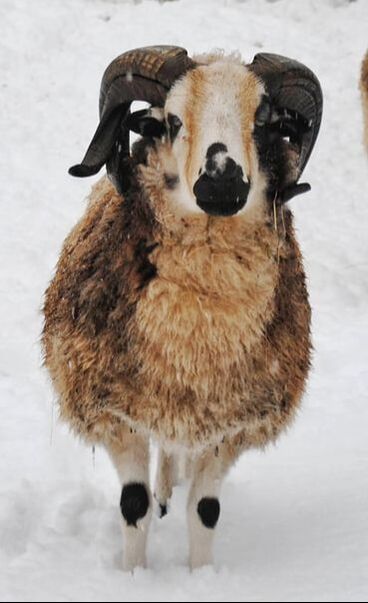
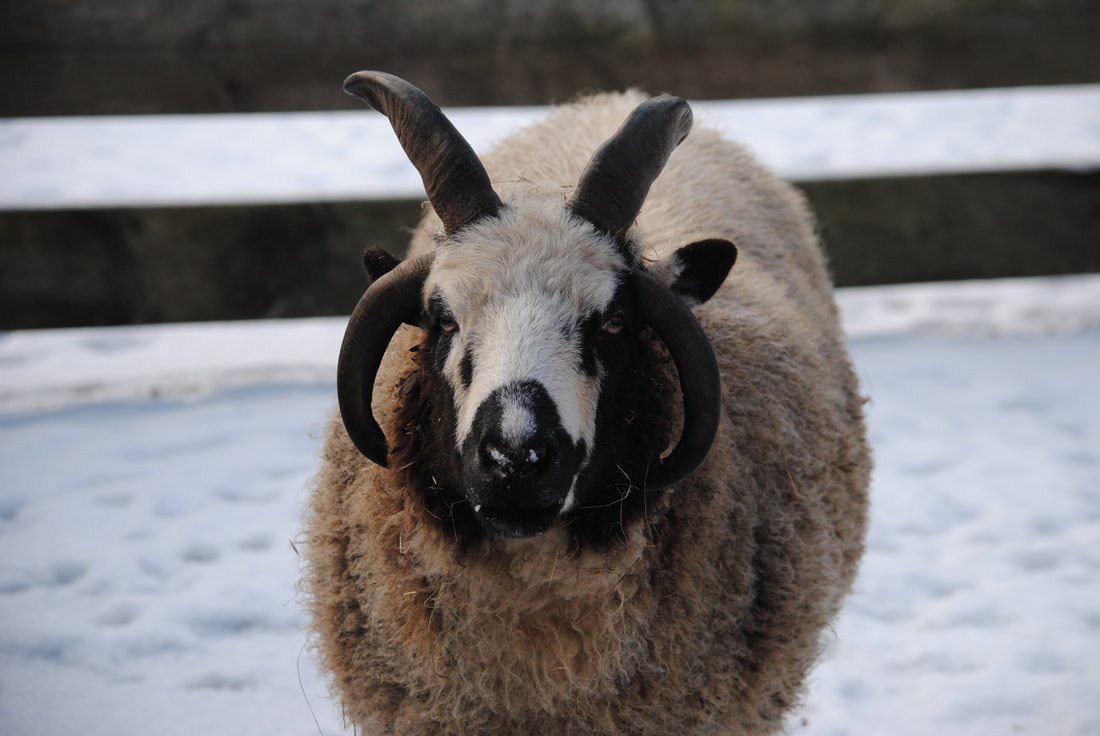
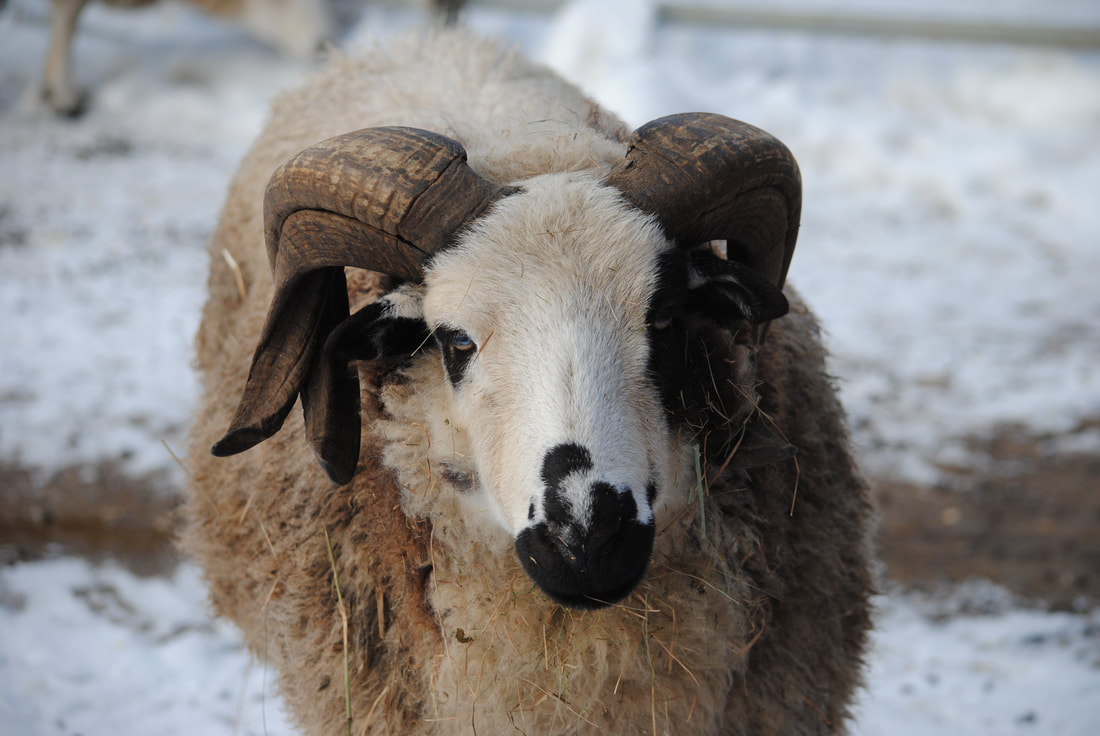
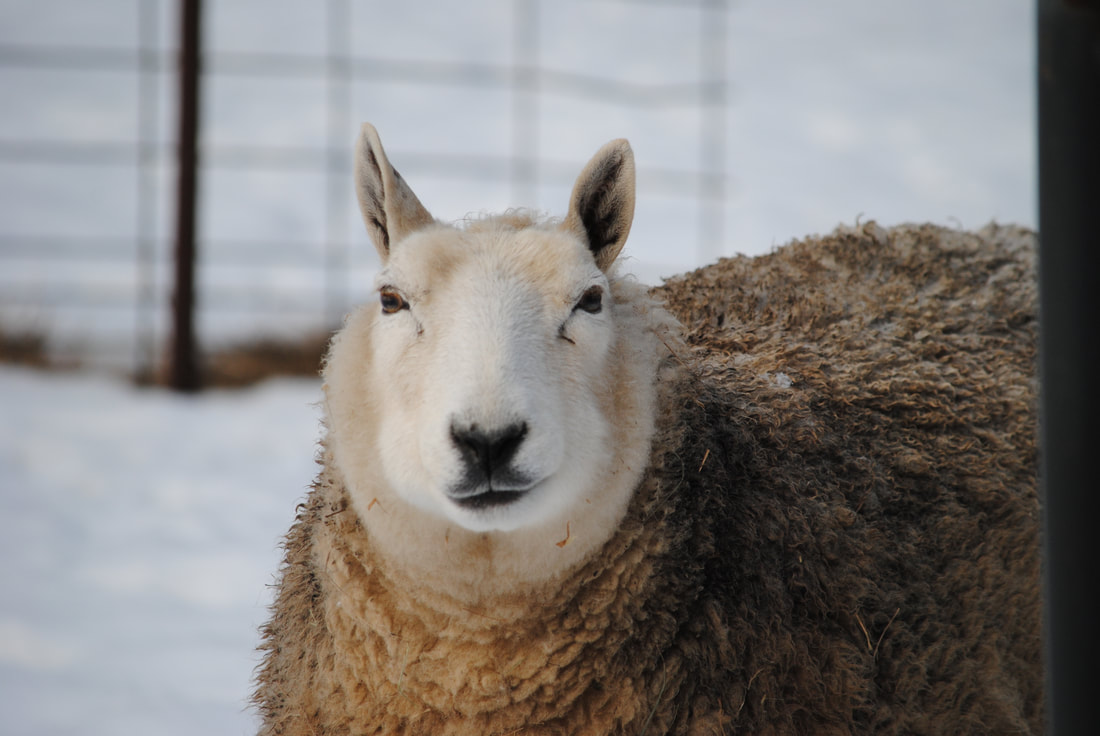
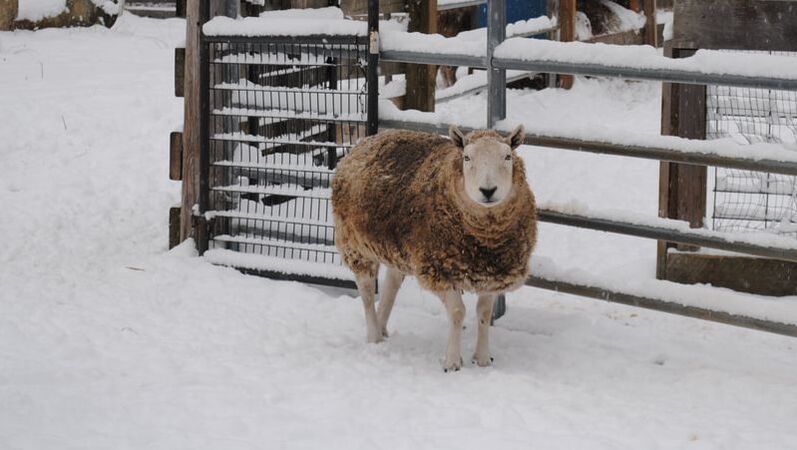
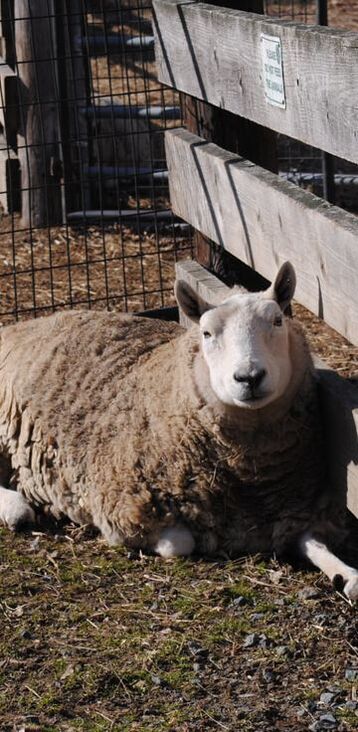
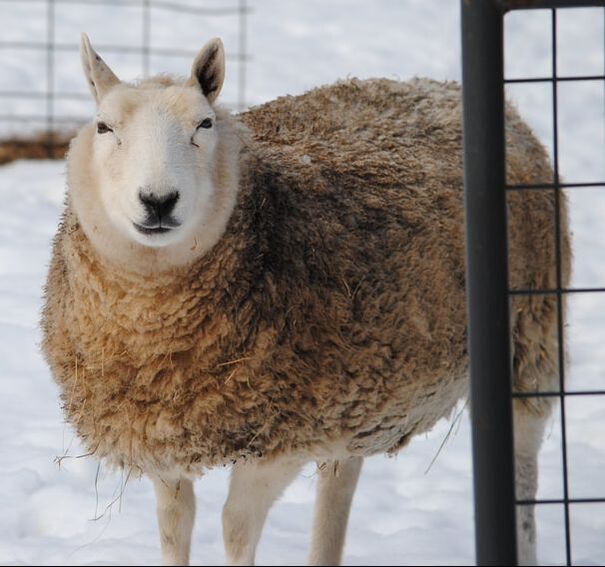
 RSS Feed
RSS Feed
